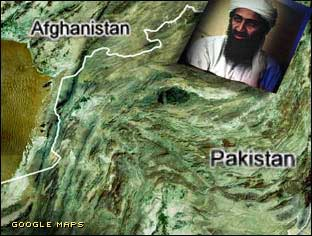Iran's Economic Story: The "Pseudo-Privatisation" (Harris)
 Kevan Harris gets behind the headlines for the new journal Muftah, concluding, "In the end, the fate of the Iranian economy likely hinges more on the country’s fractured political situation, deteriorating social welfare institutions, and inadequate policy outcomes than on the [Revolutionary Guard] bogeyman so many would have us fear":
Kevan Harris gets behind the headlines for the new journal Muftah, concluding, "In the end, the fate of the Iranian economy likely hinges more on the country’s fractured political situation, deteriorating social welfare institutions, and inadequate policy outcomes than on the [Revolutionary Guard] bogeyman so many would have us fear":
When discussing the current state of Iran’s economy, commentators, activists, politicians, and the U.S. government all seem to agree on the massive role played by the Islamic Revolutionary Guard Corps (IRGC). Stanford University Professor Abbas Milani told an audience at the Carnegie Endowment in Washington D.C. in June 2010 that this “military junta” controls “minimally about 60% of the economy”. Green Movement leaders Mir Hossein Mousavi and Mehdi Karroubi have lamented the IRGC’s economic takeover in their perennial letters and interviews. Even many conservatives in Iran’s narrowed but still fractious political elite have protested the transferring of state-owned enterprises and land to military-linked companies. Among the general population, the influence of the IRGC has become so well-known that any cab driver in Tehran can identify the highways and tunnels being built by the organization or its affiliates.
Common knowledge, however, has a tendency to steamroll over nuances, especially in the echo chamber that public discussions on Iran resemble today. While it is certainly true that Iran is undergoing a major economic transformation, in which the IRGC is playing a substantial role, there are other developments that remain largely unaddressed, particularly within the opaque process known to Iranians as pseudo-privatization.

 Tuesday, October 19, 2010 at 6:47
Tuesday, October 19, 2010 at 6:47







